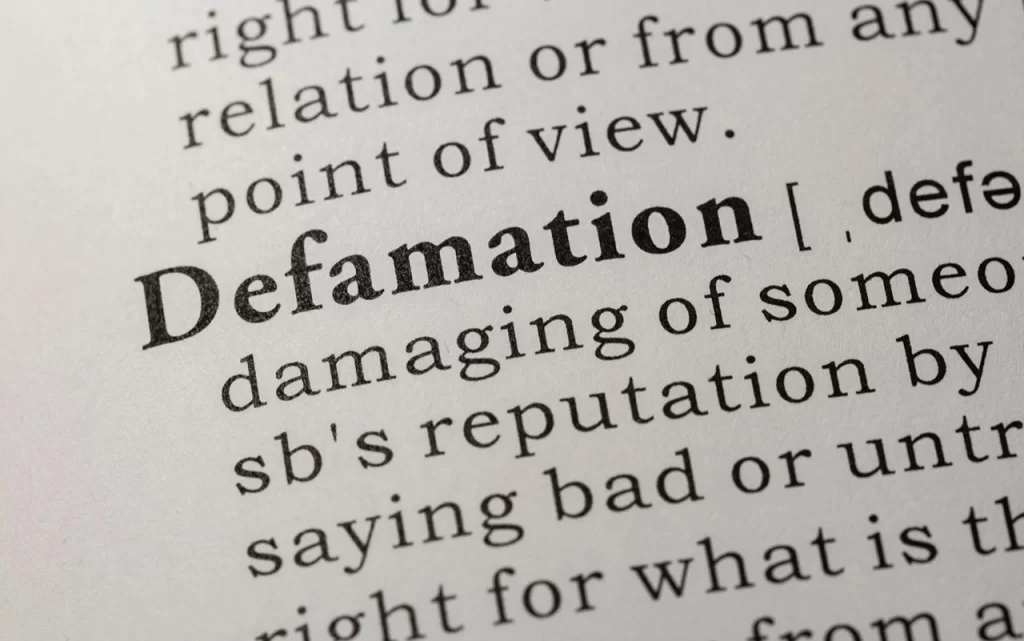
Jonelle Di Lena obtained her Bachelor of Laws (conferred with Hons) in 2006. She completed her articles of clerkship at a boutique media law firm in Perth staying there until the firm dissolved in 2014. Jonelle obtained a post graduate degree in Sports Law and Administration and worked in the media team at a top tier firm for 7 years before commencing her own specialised practice.
Having appeared on behalf of, and against, most major media organisations in Australia, Jonelle brings a unique perspective to all matters relating to publication and defamation.
Jonelle also brings a personalised and deeply empathetic approach to her practice where clients feel heard and supported throughout the legal process.
With a focus on each individual client, Jonelle is able to develop a clear case strategy to deliver outstanding results either through a negotiated outcome or the court process. It is for this reason, she was awarded Australian Defamation Lawyer of the Year by Global Law Experts in 2024 and 2025.
The Team
Jonelle is supported by professional staff who are client and outcome focused.Not only do they bring extensive knowledge to each and every matter but their assistance also ensures that all matters are handled efficiently and cost effectively.
Through our experience in defamation, we have a strong track record of securing vindication for our clients, whether by way of monetary compensation or a published apology or in most cases, both.
Jonelle Di Lena has been part of the Supreme Court of Western Australia’s highest-ever damages award to a plaintiff in defamation proceedings.
As well as plaintiffs, the firm acts for a number of publishers and other defendants including publications arising from #metoo.
Defamation is a civil cause of action commenced in court in respect of defamatory material published about the plaintiff/claimant to a third person(s). The test as to whether a publication is ‘defamatory’ has been described as a statement that tends to lower the plaintiff’s reputation in the estimation of right thinking members of society. What is considered defamatory is a complex issue but might include allegations of dishonesty, incompetence and immoral or illegal conduct. Generally, an ‘ordinary or natural’ meaning to the words complained of (or whatever form the publication takes) will be accessed by using the benchmark of what the reasonable and ordinary person would understand the publication to mean, when considered as a whole.


Generally, a claim for defamation must be commenced with one year from the date of publication of the defamatory statement. In some jurisdictions in Australia, a concerns notice must be issued prior to the commencement of defamation proceedings and the publication will not be defamatory unless it has caused, or is likely to cause, serious harm to the person’s reputation.
The requirement to prove serious harm is a complex issue. Whether serious harm has been suffered must be determined by reference to actual facts, meaning the impact of the publication. Courts have acknowledged that inferences of fact can be drawn from the circumstances and context of the publication, including matters such as the extent and nature of the readership or audience and the gravity of the allegation.
Again, in some jurisdictions there exists an additional test that applies to a body that trades for profit, namely a requirement to show that a statement has caused or is likely to cause serious financial loss.
Commencing court proceedings, especially defamation proceedings, is a serious decision and should only be made after consulting an experienced lawyer in this area.
For further information, please contact us.